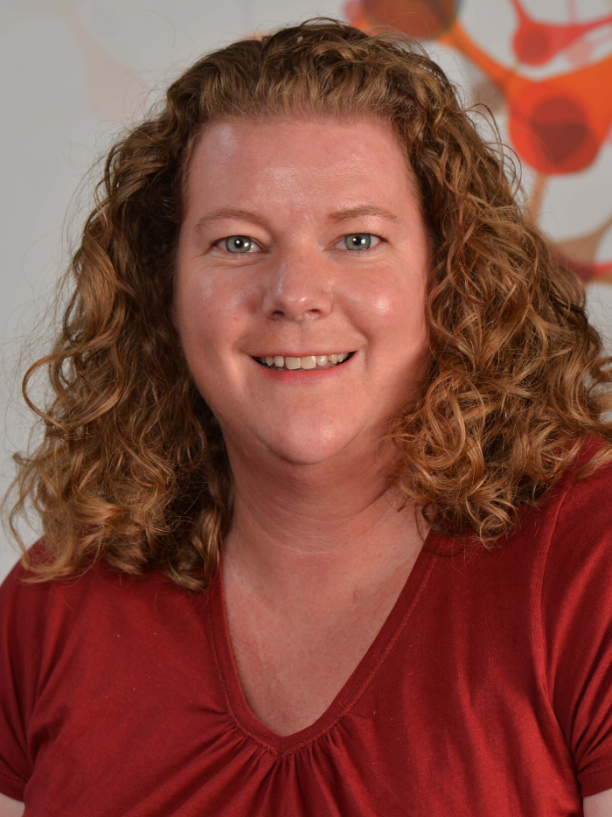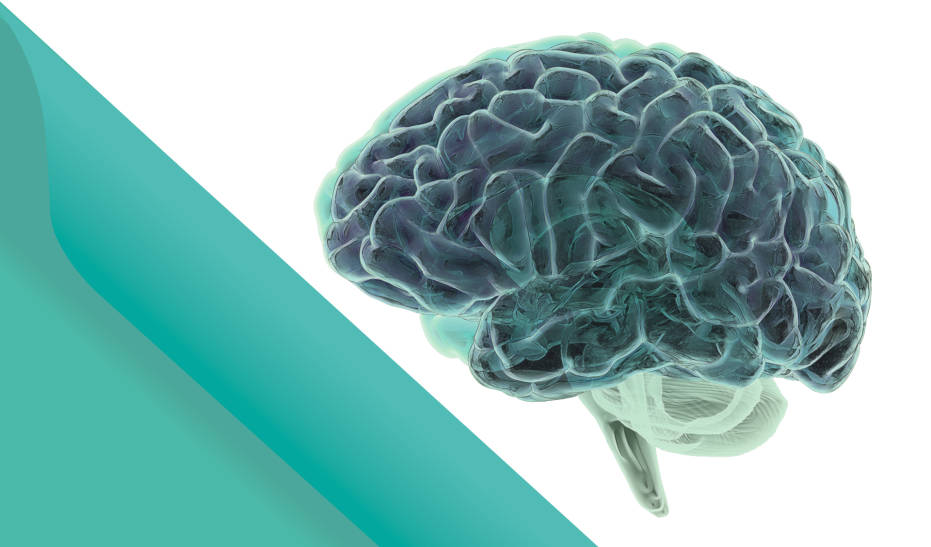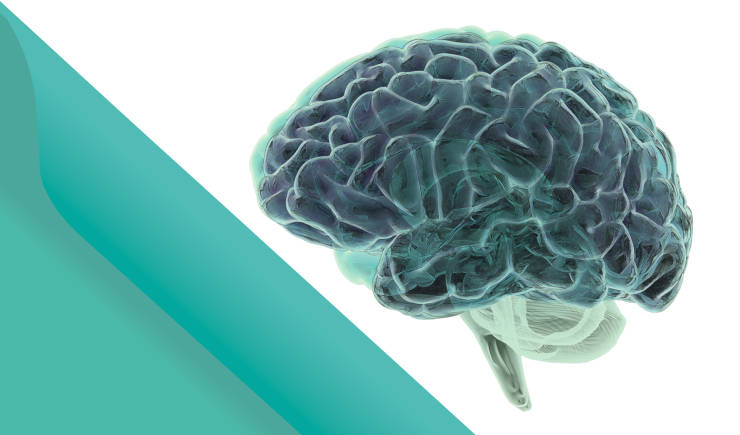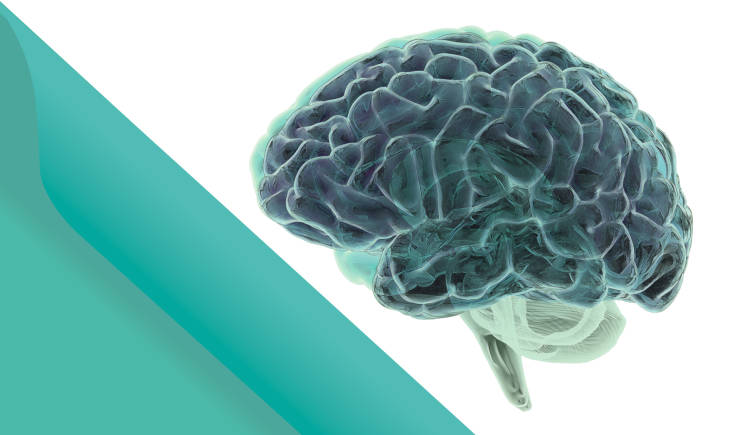 Online
Online
 12:30 PM Tuesday, 08 September 2020
Register Here
12:30 PM Tuesday, 08 September 2020
Register Here
One-in-a-million, these are the children Dr Louise Bicknell works with.
The Bicknell Lab, partly funded by the Broad Family Trust, focuses on understanding how the genetic variation present in our genomes can shape or influence genetic conditions. Currently Louise is looking at identifying genetic alterations that cause a reduction in brain size in children (among many other things). These children often have other issues, including intellectual disability and a delay in development, and occasionally can have features affecting other parts of their body as well. This work involves a lot of international collaboration to find these ‘one-in-a-million’ children and connect them with Louise and her lab.
In this Discovery Session, audience members will get a rare look at what the Louise Bicknell lab is currently working on and how their research is connected to the shaping of certain genetic conditions. She’ll also be discussing how it’s all connected within our genomes and brain, and the hope her research could bring future generations.

Meet the presenter: Dr Louise Bicknell
Louise completed her PhD with Professor Stephen Robertson, University in Otago (2007), examining the genetic contributors to joint dislocation in children. She undertook a postdoctoral fellowship with Professor Andrew Jackson, University of Edinburgh (2008-2015), the last three years of which were personally supported by Medical Research Scotland. This research focused on characterising novel causes of microcephalic primordial dwarfism, a rare genetic disorder of extreme global growth failure.
Amongst her successes, she successfully identified five novel genes underlying Meier-Gorlin syndrome, a disorder of short stature, small ears, and absent kneecaps (Bicknell et al., 2011a, Nature Genetics; Bicknell et al., 2011b, Nature Genetics) and has continued this interest at Otago.
The clinical differences seen in children with the same genetic syndrome piqued her curiosity, and she now also investigates the role that additional background genetic variation may play in shaping disease development and progression. With partial support from the Broad Family Trust and the Neurological Foundation, Louise and her lab are able to continue their work.







